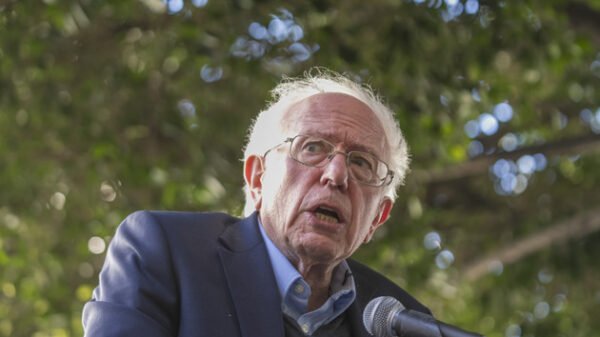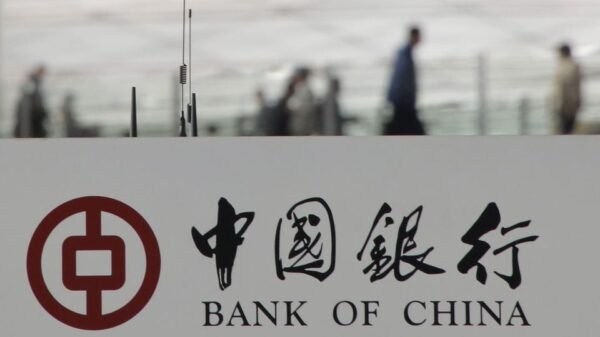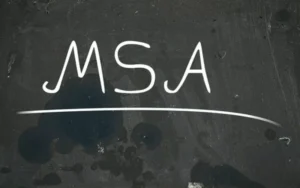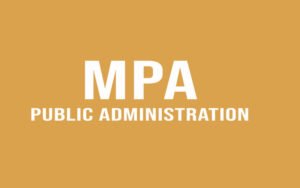What is a Homeowners Association (HOA) Fee?
The phrase “homeowners association (HOA) fee” refers to the monthly payment some residential property owners require for their HOAs. These fees help the association maintain and improve properties.
HOA fees often apply to condominium owners but may also apply to single-family house areas. Other names for HOA fees include “common charges” and “maintenance charges.”
Understanding HOA Fees
Homeowners associations develop and enforce regulations for properties and their inhabitants. These groupings form in planned communities, subdivisions, and condos. Purchasers of these homes immediately join the association. Residents must pay monthly fees, known as homeowners association fees, to cover their dues.
Condo owners’ HOA payments fund standard area maintenance, such as:
- Lobbies
- Patios
- Landscaping
- Swimming pools
- Elevators
Water, sewer, and waste disposal costs may also apply. The organization may issue special assessments for substantial repairs, such as a new elevator or roof, if its reserve funds are insufficient.
In areas with standard facilities like tennis courts, a community clubhouse, or parks, fees may apply to single-family homes, particularly townhouses.
HOA costs vary greatly per property or neighborhood. Monthly payments range from $100 to $1,000. The typical monthly cost is $200–300. More services and facilities mean more incredible prices.
Some homeowner organizations restrict property use. The homeowner’s agreement has specific rules.
Special Considerations
Failure to pay the HOA impacts other community members. Insufficient money may cause common spaces to deteriorate or result in specific fees for upkeep or other expenses.
The HOA can take action against unpaid homeowners. The HOA-homeowner contract governs activities. Some HOA contracts allow for late fines, while others allow for legal action, lien, or foreclosure to recover missed payments.
Before buying a home, check the condo and HOA costs. Some societies charge both.
Homeowners Association Fee Criticism
Cost is the biggest issue with HOA costs. As stated above, they can cost hundreds to thousands of dollars monthly. Naturally, this depends on the property and facilities. Property owners may face financial strain due to monthly fees, mortgage payments, and other expenses like utilities.
Poor reserve fund management may result in increased costs for owners. Remember, these funds are for unexpected or catastrophic home repairs. The HOA board and administration have a fiduciary obligation to protect and manage reserve funds effectively.
HOAs regulate parking and shared-area use. The HOA may limit how often single-family homeowners may paint their homes, what fences they can use, how they must maintain their landscape, and other concerns. This can cause conflict and legal issues for associations and homeowners.
Homeowners Association fees often cover what?
HOA fees often fund the maintenance of lobbies, patios, landscaping, pools, tennis courts, a clubhouse, and elevators. The rates often cover water, sewer, and rubbish disposal. The association may charge special assessments if its reserve funds are insufficient to finance essential repairs like a new elevator or roof.
What is the typical HOA fee range?
HOA rates vary greatly, but some estimate $100 to $1,000 monthly, averaging $200 to $300. The type of property and facilities provided determine the HOA fee—the more, the more. Management errors in an association’s reserve fund might increase owners’ expenses.
What happens to unpaid HOA fees?
The HOA may take action against property owners who don’t pay their monthly, yearly, or extraordinary assessments. The HOA-homeowner contract governs these activities. Some let the HOA impose late fines, while others let them sue, mortgage, or foreclose on the owner’s property to recover missed payments.
Some locations have higher HOA costs. Why?
The price of HOA fees varies since they include neighborhood amenities and maintenance. High-cost-of-living places like New York City have higher minimum salaries, power expenses, and taxes, making even basic upkeep more expensive. Condominium HOA rates may be more than single-family home fees since they include standard area energy, heating, cooling, etc. In a recent poll, New York City has the second-highest median HOA expense in the nation, behind Honolulu, at $410. The median in Harrisburg-Carlisle, Pa., was $120.
The Verdict
Owners of condominiums, co-ops, and select areas pay HOA fees. These fees maintain common spaces, including hallways, elevators, lobbies, and parking lots. It often covers snowplowing, landscaping, and joint area damage. Condo owners should include HOA fees when calculating monthly costs.
Conclusion
- HOAs collect monthly dues from property owners.
- Most condos, apartments, and planned communities have HOA fees.
- HOA fees apply to several single-family house areas.
- HOA payments cover amenities, property upkeep, and repairs.
- Fees vary with property and service but average $200–$300.


























































